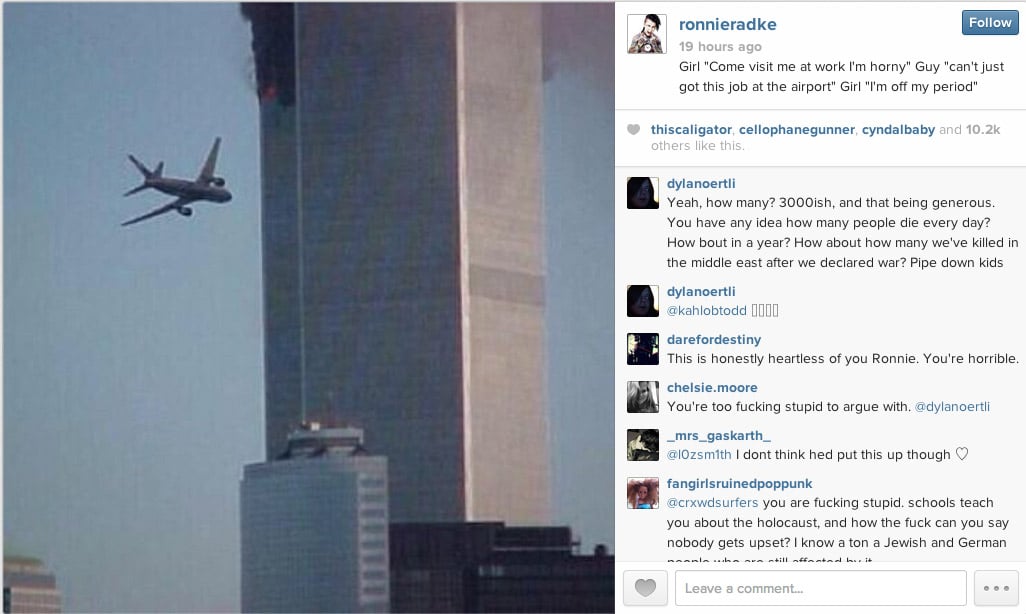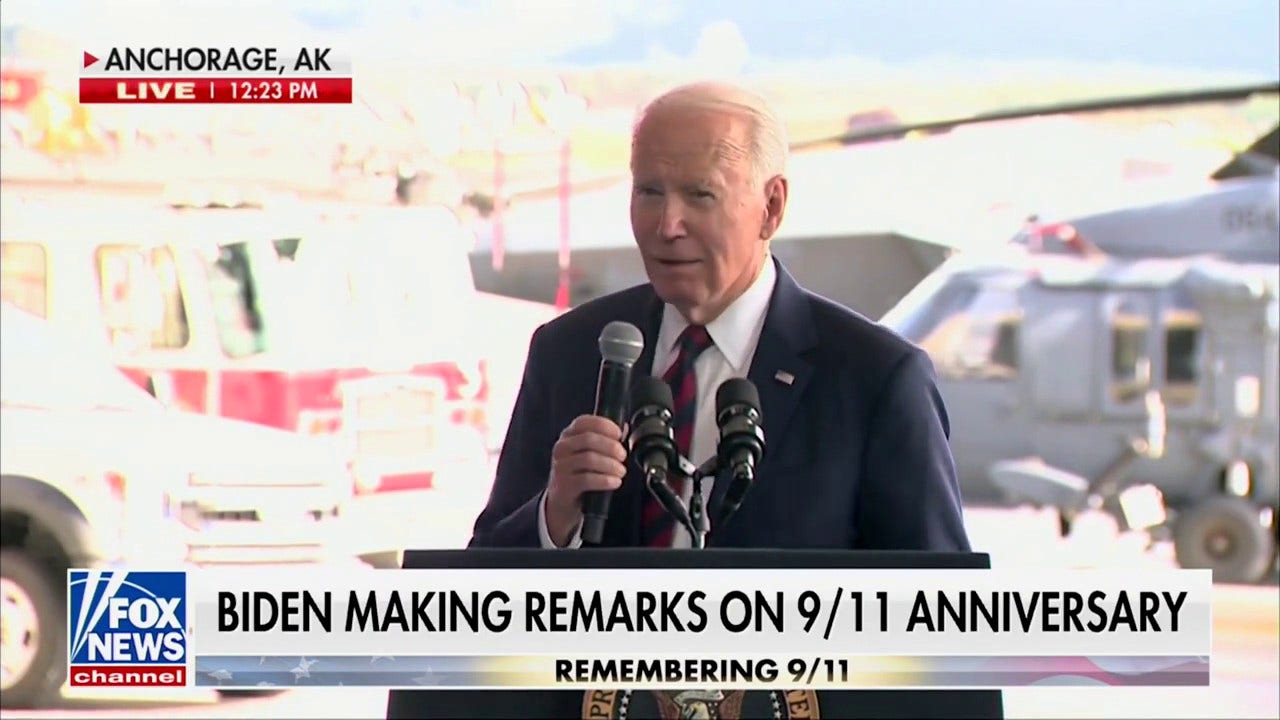Can humor truly emerge from the ashes of tragedy? The world, as we know it, experienced a seismic shift on September 11, 2001, an event that indelibly etched itself into the collective consciousness, but even in the shadow of such profound loss, the human capacity for humor, however dark, persists.
The passage of time often allows for a re-evaluation of events, and with the perspective afforded by the present day, humor, in its myriad forms, begins to surface, particularly within close-knit groups where sensitivities are understood. This article delves into the complex and often controversial realm of 9/11-themed humor, exploring its existence, its boundaries, and its potential impact. As we move into the year 2025, the collection of jokes, particularly those categorized as "dark humor," presents a unique case study in societal adaptation and the evolution of comedic norms. The intent here is to provide an objective analysis, neither condoning nor condemning, but rather dissecting the phenomenon itself.
The following table provides a snapshot of key aspects surrounding 9/11 and the evolving landscape of humor:
| Category | Details |
|---|---|
| Event | September 11 attacks, a series of four coordinated terrorist attacks by the Islamic terrorist group al-Qaeda against the United States on the morning of September 11, 2001. |
| Location | New York City, New York (World Trade Center), Arlington, Virginia (The Pentagon), and Shanksville, Pennsylvania (United Airlines Flight 93 crash site). |
| Date | September 11, 2001 |
| Casualties | 2,977 fatalities (including the 19 hijackers), over 25,000 injuries. |
| Economic Impact | Estimated at $10 billion in immediate damage, with long-term costs in the hundreds of billions. |
| Immediate Aftermath | Increased security measures, the War on Terror, and significant shifts in U.S. foreign policy. |
| Cultural Impact | Widespread national mourning, increased patriotism, and a shift in artistic and comedic expression. |
| Humor's Role | Serves as a coping mechanism, a way to process trauma, and a reflection of societal values, often exploring taboo subjects. |
| Ethical Considerations | The sensitivity surrounding the subject matter, the potential to cause offense, and the importance of context and intent. |
| Relevant Resources | 9/11 Memorial & Museum |
The question of timing is paramount. As time has passed, what was once raw and immediate grief has given way, for some, to a space where humor, however cautiously, can be considered. This isn't to suggest that such jokes are universally acceptable or appropriate for everyone. It's crucial to remember that the wounds of 9/11 remain fresh for many, and the potential for causing pain is ever-present. It is often said that comedy is tragedy plus time, but even after considerable time has elapsed, sensitivity remains key. Comedian Nick Dipaolo's stage performance on September 9, nearly a decade after the attacks, serves as an illustration of this delicate balance, when he made a joke about the 9/11 attacks, which at that point in time was still a sensitive topic.
Within the context of the digital age, the rapid dissemination of information and the evolution of online communities have fostered environments where humor, including dark humor, can flourish. Online forums, social media platforms, and dedicated joke-sharing websites serve as breeding grounds for a variety of comedic styles. The "darkest 9/11 jokes," as they are sometimes termed, find an audience among those who share a particular sensibility or a desire to find levity in the darkest of circumstances. The key word here is shared sensibility, and it is essential to comprehend that the humor will be received differently depending on the group it's shared with. This requires a degree of understanding to fully comprehend it.
The nature of 9/11 jokes themselves varies considerably. Some rely on satire, using irony and exaggeration to critique the events or those involved. Others might employ absurdism, finding humor in the inherent illogicalities or the surreal aspects of the situation. There are also jokes that play on wordplay, puns, and unexpected punchlines. The impact of each joke is also subject to interpretation.
Consider the hypothetical: "What is the difference between 9/11 and a cow?" The punchline: "You stop milking it after 10 years." This joke, while provocative, illustrates the tendency of dark humor to find an edge where others fear to tread. The joke plays on the long term impact of the event. If we examine how a joke like this functions, we come to the conclusion that it is more about pointing out the long term impact rather than making fun of the tragedy itself.
One must ask, if 9/11 had happened in July what would have happened? Perhaps the answer may come in the form of another joke: "A call comes into 911: 'Come quick, my friend was bitten by a wolf!' Operator: 'No, a regular one!'"
The presence of 911 jokes can also be considered. These often involve the humorous portrayal of emergency situations and the antics of the emergency responders. Some might contain puns, such as "Our list of the best 911 jokes is here to rescue you from any dull moment." Others involve the portrayal of silly emergencies, like the man who called 911 to report a fly problem. It is important to recognize that these jokes can provide an outlet for stress by lightening the mood and bringing humor in the face of adversity, but should always be done with the utmost respect for the seriousness of the topic.
One must be mindful of the comedic landscape. There will always be those who disagree and even object to the production of humor, and such an audience should always be considered. Finding the line between humor and sensitivity is a difficult undertaking, one that may change depending on the location and the group involved. While some find release in humor, others find that it is offensive.
The history of comedy showcases the idea that comedy may equal tragedy plus time. However, in the case of the 9/11 attacks, the time factor is more complex, and as a result, the humor is more layered. The early days of the internet forum Something Awful saw posts in the immediate aftermath of the attacks, and the discussion that followed serves as an example of the rapidly evolving response in real time. This contrasts with the longer periods of reflection from comedians like Steve Rannazzisi, which led to discussions with fans on how the event should be treated. Steve Rannazzisi admitted that many of his stories about surviving the terrorist attacks on the World Trade Center were not true, which created even more controversy.
The development and emergence of humor are critical to the idea that humor can be used to navigate the complexities of life, which helps us to better understand ourselves. Furthermore, it helps in the development of greater resilience.
This phenomenon is not limited to comedians. From online communities to the mainstream media, jokes are continually being generated, disseminated, and discussed. This is a continuous stream of jokes, with new iterations created every day. It's a reflection of society's constant need to come to terms with the event. It is important to emphasize that the creators have a duty to exercise care, or risk causing more harm than good. The intention can be interpreted in multiple ways, and can easily be considered to be crossing a line.
When examining 9/11 jokes, the context is critical. The same joke that might be considered acceptable among a group of friends might be viewed as offensive in a more public setting. The nature of the audience and the relationship between the humorist and the audience is essential to the acceptance and the subsequent outcome of the joke.
Beyond individual jokes, the overall trend reveals an important dynamic. Humor is used as a tool to dissect and attempt to comprehend the events. It can also be used to create space and to initiate discussion on what can be said and what cannot be said, and it reveals the complexity of the human spirit, even in times of grief and adversity.
In the end, the existence of 9/11 jokes, however uncomfortable, represents a facet of the human condition: our innate ability to find levity in the face of darkness. It requires careful consideration of the ethical implications, and a thorough appreciation for the sensitivities involved. It prompts questions of how societies process and adapt to traumatic events, using humor as a means to heal, to reflect, and to navigate the challenging terrain of collective memory.


